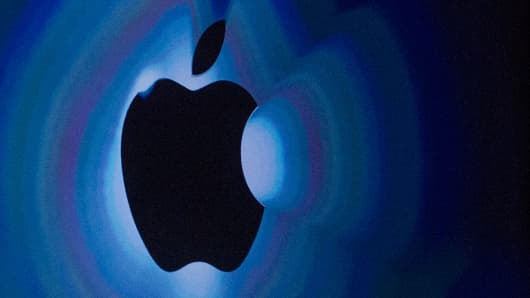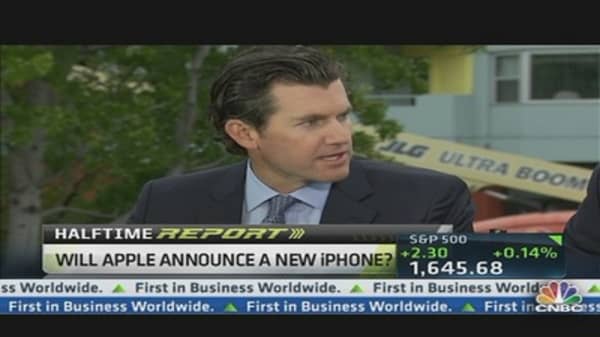Active managers in both the mutual and hedge fund industries are badly underperforming their peers, and they have a mutual malady: heavy ownership of flailing tech giant Apple.
The Cupertino, Calif.-based maker of electronic gizmo wizardry is the fourth-most owned company by the top 50 mutual funds and the fifth-most owned by hedge funds.
With Apple shares down 16 percent this year, it's played a heavy role in the inability of active managers to beat the basic Standard & Poor's 500 benchmark.
"The deterioration in performance really commenced after March," Thomas J. Lee, chief market strategist at JPMorgan Chase, said in an analysis. "This is when cyclicals began to meaningfully outperform defensives, and the underperformance has worsened steadily since. This is primarily driven by the scarcity of managers beating their benchmarks."
Much of the blame lies, though, in the performance of Apple.
In the $2.7 trillion hedge fund industry, it is the only stock of the 30 most-owned issues that delivered negative performance in the first quarter and one of only seven that are negative in the second quarter.
The company's troubles have been due to several factors, not the least of which has been a difficult management transition since the death of founder Steve Jobs and a dimmed reception for new product launches.





